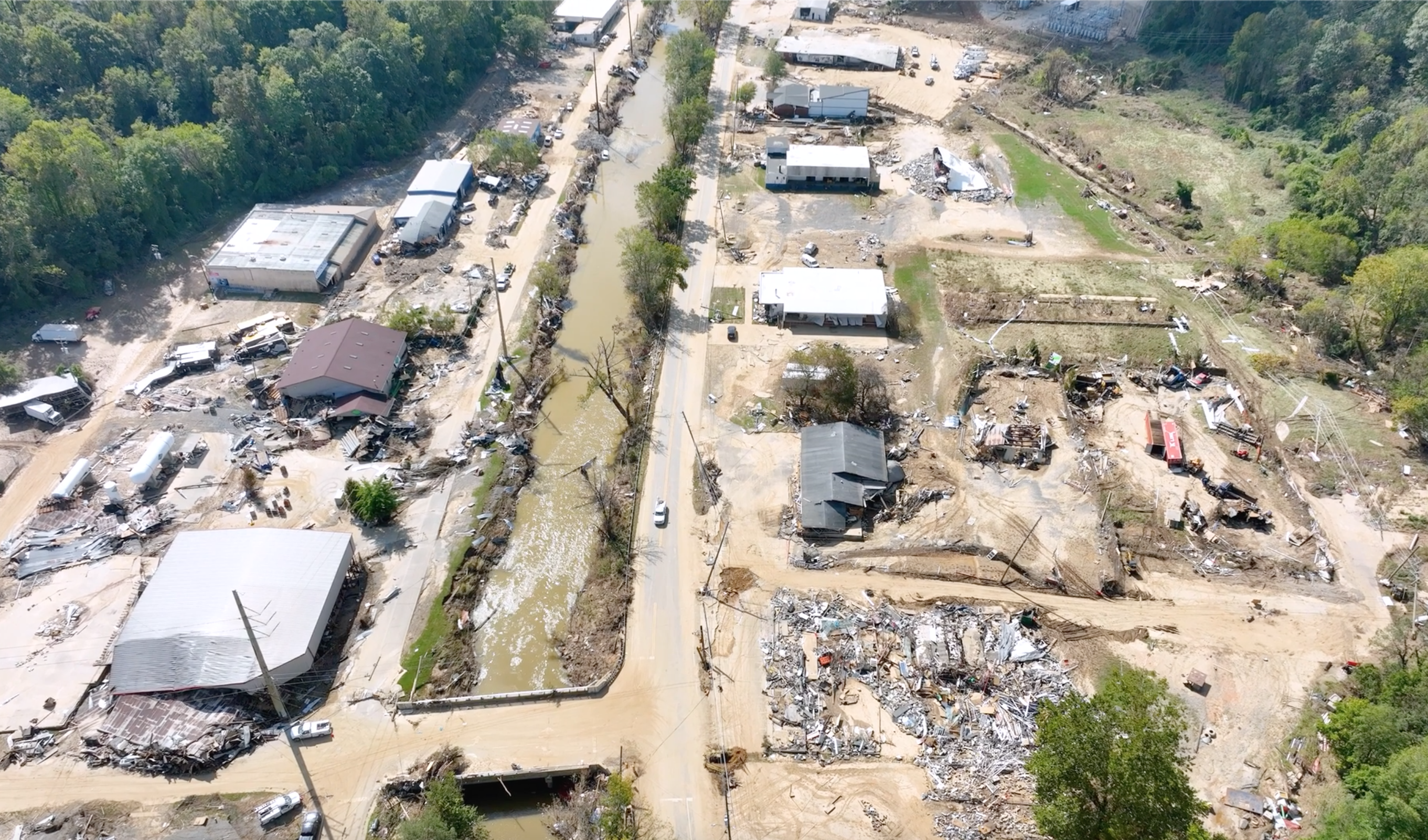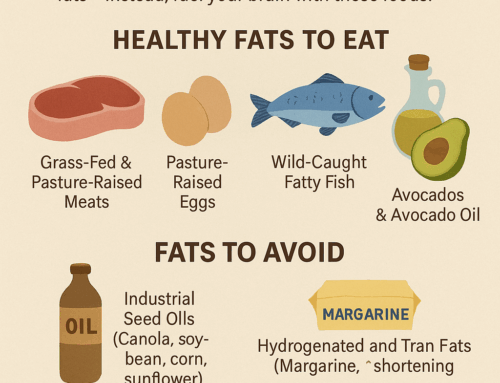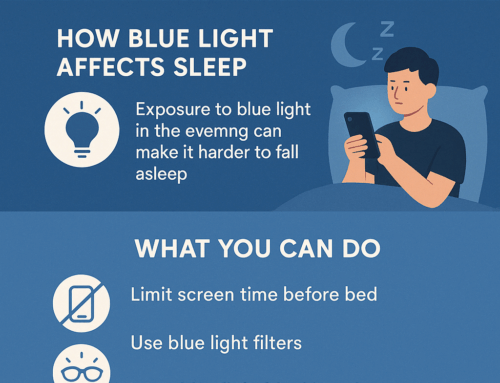Living through Hurricane Helene has taught us the struggles people endure when dealing with natural disasters. It is a time of significant loss and tragedy but also a time of gratitude and comfort as we see citizens from all over the United States coming in to help those affected. The ups and downs of sadness, grief, loss, thankfulness, comfort, guilt, and hope can be overwhelming at times. When natural disasters like hurricanes strike, they often bring fear, uncertainty, and distress. As people endure and recover from these events, mental health can be significantly impacted, and it’s crucial to prioritize emotional well-being. From acknowledging our emotions to finding strength in faith and helping others, here are some ways to care for your mental health during a natural disaster.
- Acknowledge and Process Your Emotions
Accept Normal Reactions: Natural disasters bring about heightened stress, anxiety, and grief. Recognizing that these reactions are normal and part of processing traumatic events is essential.
Allow Time for Healing: Permit yourself to feel a range of emotions. Often, the grief of loss or the stress of displacement needs time to subside, and forcing yourself to move on too quickly can have lasting mental health consequences.
- Turn to Faith and Prayer for Strength
Find Calm in Prayer: During uncertain times, prayer can offer a comforting routine and a way to seek peace. Taking even a few minutes daily to pray can provide grounding, reduce anxiety, and create a sense of calm and reassurance.
Seek Spiritual Community: Many find strength by connecting with others through their faith communities. Whether through in-person gatherings, online services, or group prayer, staying connected with your spiritual community can offer hope, guidance, and collective support. To learn more about the importance of spirituality to mental health visit our blog
- Focus on What You Can Control
Stay Prepared and Informed: Knowing your evacuation routes, preparing an emergency kit, and staying updated with reliable information can help you feel more secure and reduce anxiety.
Limit Overexposure to News: While staying informed is essential, constantly watching or reading updates can lead to heightened stress. Consider setting times to check in for information rather than allowing a continuous news feed.
- Help Others in Need
The Power of Helping: Taking actions, even small ones, to assist others can improve your mental health during times of crisis. Reaching out to neighbors, sharing supplies, or volunteering can give you a sense of purpose and shift your focus away from your own worries.
Building Community Resilience: When communities unite and help one another, collective resilience builds. Helping others provides comfort and practical support to those around you and enhances a sense of unity and shared strength.
- Engage in Grounding Techniques
Mindfulness and Deep Breathing: Practice simple grounding exercises, such as deep breathing or mindfulness, to stay centered and manage stress during chaotic situations.
Take Breaks: Permit yourself to take breaks from the crisis environment whenever possible. Even small moments of calm can help sustain your mental health.
- Seek Professional Support When Needed
Mental Health Services: Many organizations provide free or reduced-cost counseling during and after natural disasters. Reaching out to a mental health professional can help you process trauma, manage anxiety, and address ongoing stress.
Immediate Help for Extreme Stress: If you or someone you know is experiencing intense distress, consider connecting with local support services or hotlines for immediate assistance.
Natural disasters test our resilience, yet focusing on our mental well-being, staying rooted in faith, and supporting others can help us endure and recover. Embracing prayer, reaching out to those in need, and finding strength in the community are potent ways to navigate these challenging times. Remember, taking time for emotional and spiritual care supports your resilience and empowers you to be a source of strength for others.







Leave A Comment